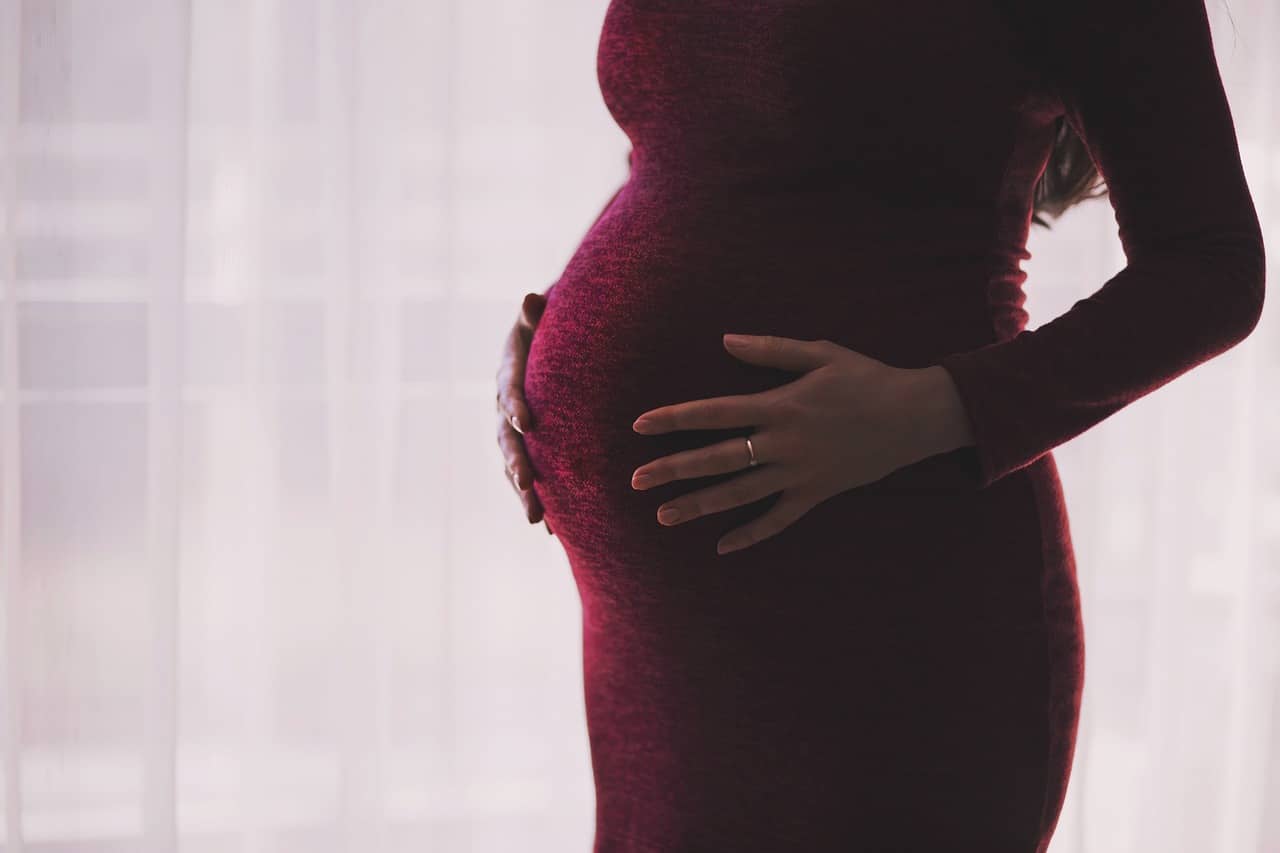A proliferation of surrogacy services exist in occupied northern Cyprus
Medical tourism, particularly surrogacy, in occupied northern Cyprus is easily available. This stands in stark contrast to the current situation in the Republic of Cyprus where surrogacy is notably more restricted. Cypriot law governing medically assisted reproduction is regulated by the 2015 Law on the Application of Medically Assisted Reproduction (69(I)/2015), as amended.
The Republic of Cyprus is one of the few European Union countries that have legislated on the hotly debated issue of medically assisted reproduction. Specifically, in some European nations such as France, Spain and Italy, surrogacy is strictly prohibited, while in others there is no established legal framework. Interestingly, though, surrogacy without financial gain is permissible in the Republics of Cyprus and Greece.
The Republic of Cyprus has implemented strict conditions and limitations to prevent any exploitation within the surrogacy process. Clearly outlined in the provisions of Cypriot law is the prohibition of commercial surrogacy, emphasising the legislator’s intent to allow surrogacy vis-à-vis altruistic motives (altruistic surrogacy). This is juxtaposed to the conveyor belt or commodification of baby production seen in some countries. In fact, until the recent political turmoil, Ukraine, one of the few countries where commercial use of surrogacy is allowed, was an international centre for surrogacy, with thousands of babies born each year, many of them destined for families abroad.
Despite surrogacy being illegal in Turkey, the lack of a “legislative” framework in the occupied north of Cyprus has led to a proliferation of surrogacy services. Several private clinics actively promote surrogacy through targeted advertisements on the internet, urging those that are interested to proceed with the process in “Cyprus”, touting its accessibility and simplicity.
Undoubtedly, the prevailing situation attracts a multitude of “tourists” seeking to take advantage of the “reproductive tourist packages” as well as the lax measures surrounding the surrogacy process. It is understood that many individuals flooding to these centres are prohibited from pursuing surrogacy in their own country.
The impact of reproductive tourism in the occupied north is evident in the growing demand for surrogacy services. Simultaneously however, pressing questions arise regarding the arbitrary and uncontrolled regulation of this baby trade. Of particular concern is the ease with which a child born via surrogacy in the occupied north can obtain a birth certificate from the Republic of Cyprus, especially as other countries are grappling with efforts to control international surrogacy.
Many countries, including the Republic of Georgia, have attempted to ban overseas couples from travelling to the country and hiring women to carry their unborn babies through pregnancy. This reflects a broader global trend where governments are taking action to address the burgeoning low-cost surrogacy-tourism industry which facilitates parenthood for many individuals outside of their home country. Israel’s justice ministry for instance has banned Israeli citizens from engaging in surrogacy procedures in the Turkish-occupied north, warning them of sanctions.
When contemplating motherhood, the words human-trafficking, crime and inhumane most certainly do not spring to mind. Nevertheless, the Italian parliament is resolute in its efforts to classify surrogacy as a “universal crime” while the Russian parliament has passed a bill prohibiting foreigners from engaging Russian surrogate mothers.
Notably, international surrogacy has become synonymous with the trafficking of vulnerable women, a reality highlighted by the recent Greek surrogacy scandal. This involved 169 trafficked surrogate mothers to Crete who were exploited by “brokers” operating across Greece, Ukraine, Moldova, Romania and Georgia. These developments eerily echo themes of Margaret Atwood’s 1985 dystopian masterpiece novel, “The Handmaid’s Tale”, offering a chillingly prophetic attestation of the status quo.
It’s clear that the landscape of surrogacy in occupied northern Cyprus presents a complex and concerning reality. While medical tourism offers accessibility to surrogacy services, concerns regarding regulation and exploitation persist. The contrasting approaches to surrogacy legislation between countries underscore the global debate surrounding reproductive rights and ethical considerations. Combined with the intertwining of surrogacy with issues of human trafficking and exploitation, it becomes apparent that there is urgent need for comprehensive regulation and international cooperation.
Christina Avgousti is an associate at Elias Neocleous & Co LLC







Click here to change your cookie preferences